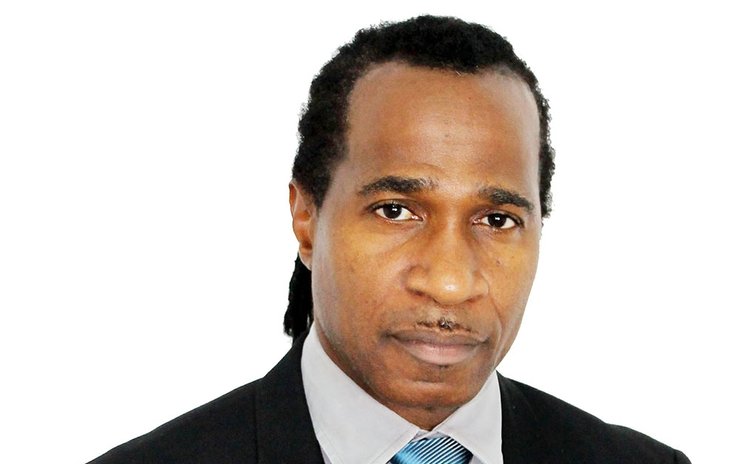From talk to action – Part VII
Freedom Speaks Column

In this series, so far, we have discussed three foundation principles or considerations that will guide the actions of the Dominica Freedom Party as we seek to move beyond just talking. The first consideration relates to the pursuit of the big idea (making Dominica the nature island of the world) and we noted that in that regard that access to land will be a major determinant of the people's prosperity. The second consideration relates to the fundamental question that must be kept in mind when contemplating pursuing an idea - what are the critical problems that may prevent the venture from achieving success? The third consideration is that there must be investments by the people and we noted that there are significant challenges to be overcome in that regard.
Let us now talk about the fourth foundation principle – the involvement of the young people must be secured. Given where we are in the development of our country at the moment, agri-business can play a significant foundational role in building a vibrant economy. However, without the involvement of young people, the sector will continue to be weak. How do we turn that situation around? In looking at that question, we must first ask - why are they not interested in agriculture?
Many of our young people are interested in getting an education and using this education to find a job, working preferable for a well-established organization. They seek opportunities for academic study and work overseas and many don't see a future for themselves in Dominica. They prefer jobs that are office -based or jobs that are traditionally or culturally favoured such as being an accountant, a doctor, an architect, or an engineer.
There is a passive service culture in our country that has been passed down from generation to generation. We have engrained in our children that they should educate themselves in order to work for someone else! There is nothing wrong with working for someone else, but it would be better to create a mindset of using education as a tool to nurture creativity, dynamism and independence. That mindset would contribute to young people having a healthier attitude towards agri-business and entrepreneurship.
But there are cultural influences that reinforces the passive service culture. Popular media from foreign sources is replete with images or subliminal messages that glamorises office Jobs or traditional occupations. This creates desires among our youth that does not fit well with the current realities in our country concerning the opportunities for earning.
While many young people are not interested in agriculture due to cultural influences or prestige related reasons, there are others who may be interested in the activity but they don't have access to land. But beyond the land-availability factor, our country is losing the culture of hard work in agriculture and along the way useful traditional knowledge is being lost. But it is desirable to improve productivity in agriculture and towards that end appropriate technology needs to be applied alongside adequate infrastructure (including access roads, transportation and irrigation). This will indeed reduce the drudgery that traditional agriculture has been associated with.
Importantly, there is the perception or reality that office jobs or culturally favoured jobs pay more than jobs at rudimentary levels of agribusiness. Low remuneration in agriculture – whether through wages or earnings of farmers, seem to be the greatest factor dissuading young people from entering into agriculture. Furthermore, many young people want employment security and benefits – such as sickness and retirement benefits, and these are currently not organized at rudimentary levels of agri-business.
What, therefore, are the solutions? How do we get young people involved in agriculture? The solutions lie in overcoming the root challenges that we discussed above. The solutions are also interrelated just as much of the challenges are interrelated.
How do we overcome cultural and prestige related factors? Several strategies may be pursued to include:
-
Communications strategies aimed at changing mindsets and reversing negative cultures.
-
Promoting a "nature island of the world consciousness" and getting people excited about a natural lifestyle.
-
Using success stories to help change mindsets.
-Launching pilot projects involving young people and actively promoting desirable positive results. Pilot programmes could include helping young people with degrees to make a success out of agriculture business and encouraging co-operation.
The above are some of the strategies that a capable government can contemplate, but among these strategies, the Dominica Freedom Party will seek to get the ball rolling even while we are not in office. But individuals can all play a role in embracing agriculture and being an example to the young people. In that regard, let us all talk about what we are doing and the successes we are having. Let us start a movement! Those Dominicans living overseas, who are in a reasonably good position to do so, consider taking up the challenge to get into agri-business in Dominica.
Let us continue with this discussion next week as we talk about the other solutions.
Kent Vital Political Leader Dominica Freedom Party




